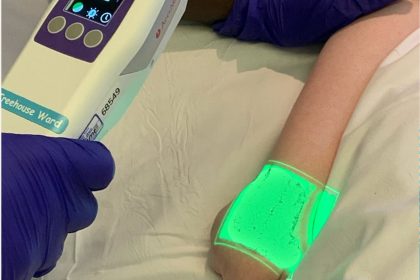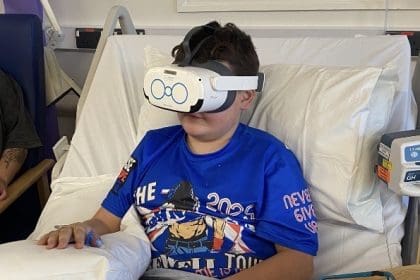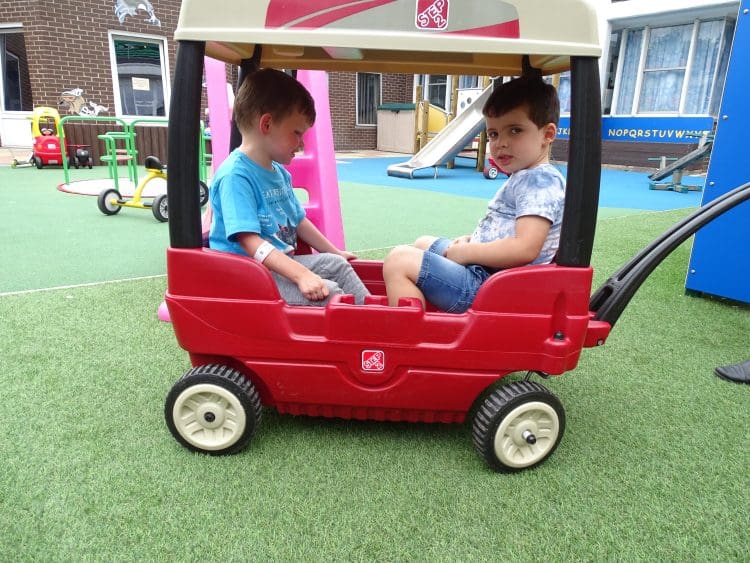
As Mental Health Awareness Week draws to a close, we’re delighted to announce that the very first session of our new Hummingbird Project to improve young people’s mental wellbeing will take place next week.
Led by trained volunteers, the session will be held at Trinity High School in Manchester with a group of Year 9 students. It is the beginning of an eight-week course that will help give young people the techniques and tools to become more emotionally resilient.
The bespoke course was put together with the help of experts from the psychology department at Bolton University. During these pilot sessions we will be involving the young people in the future design and format of the course to ensure we are meeting their needs.
The idea for the Hummingbird Project came about as a result of our work with Child and Adolescent Mental Health Services (CAMHS). Since 2014 we have been funding resources for CAMHS that were not available from limited NHS budgets. We decided to get more directly involved in preventing mental health problems in children by offering wellbeing training in schools.
It is clear that record levels of young people are struggling with their mental health. Academic pressure, social media, bullying, poverty, and the lack of availability of professional support have all been named as contributing to the epidemic of poor mental health. Key figures in a young person’s life, such as parents or teachers, can often spot when a young person is struggling, but may not know how best to help.
The Hummingbird Project hopes to make a real, measurable difference to young people’s emotional wellbeing. It will help young people and school staff to become more aware of the early warning signs, alleviate some of the pressure on mainstream services and it will challenge the stigma associated with mental illnesses.















